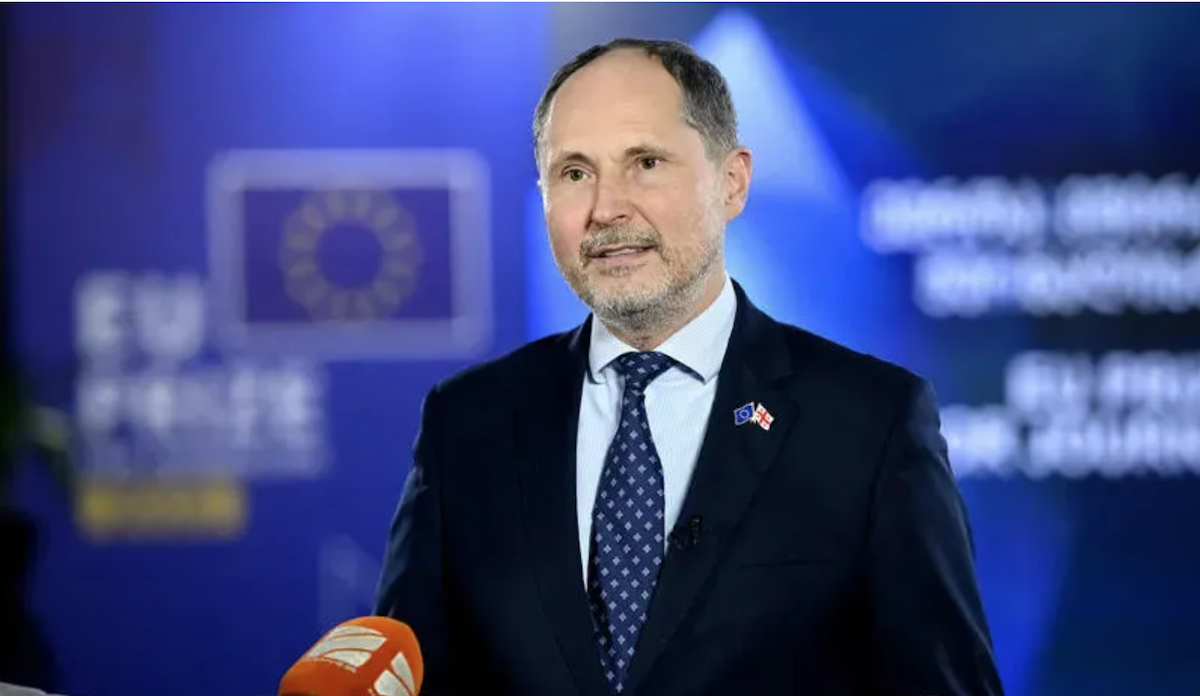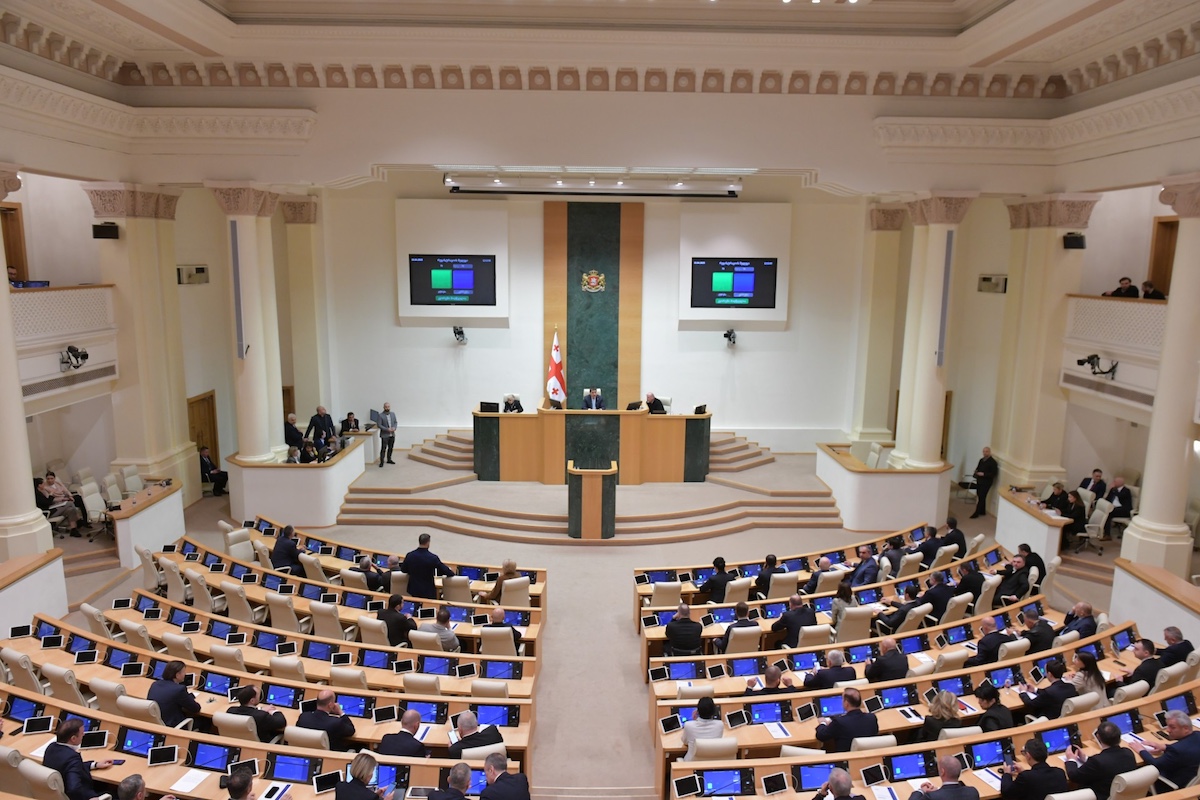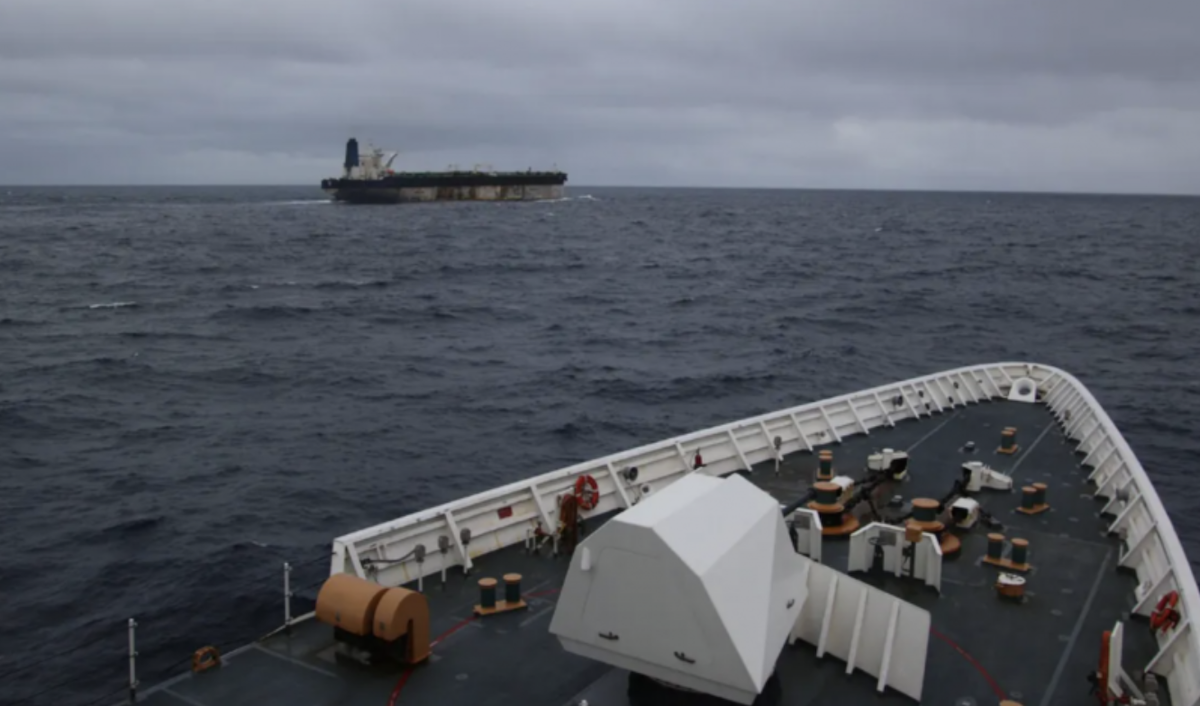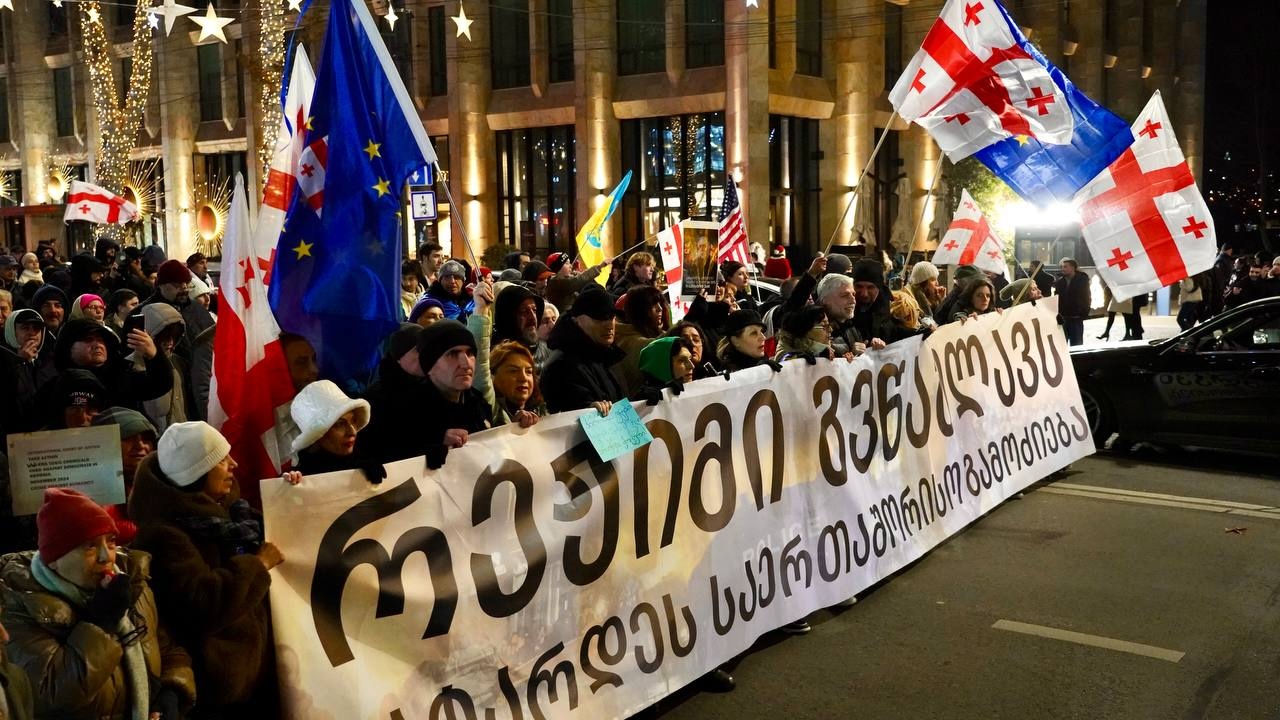Opinion: "Arrest of Georgian opposition figure Irakli Okruashvili is ‘black mark' on country"
Arrests of opposition figures in Georgia
“The arrest of opposition politician Irakli Okruashvili is a “black mark” on Georgia, and the system is incapable of proving the guilt of those detained during the protests despite all its efforts,” said Giorgi Kldiashvili, director of the Institute for Development of Freedom of Information.
Speaking about the criminal cases against protesters, Kldiashvili noted that courts are presented with fabricated charges and false testimony, while in reality demonstrators are being persecuted for “resisting the pro-Russian regime of oligarch Bidzina Ivanishvili.”
Former Georgian defense minister (2004–2006) and opposition figure Irakli Okruashvili was arrested in the courtroom on May 14 for failing to pay bail. The court had imposed the bail after he refused to appear before a parliamentary commission established by the ruling Georgian Dream party to investigate the actions of the previous government. Okruashvili declined both to attend the hearing and to pay the bail, stating that he does not consider this parliament or its structures legitimate.
Other opposition leaders also received bail conditions for refusing to appear before the commission for similar reasons.
- Mamuka Khazaradze and Badri Japaridze, leaders of the “Strong Georgia” coalition, Giorgi Vashadze of “Strategy Aghmashenebeli,” and Nika Melia of the “Coalition for Change” were each ordered to pay 50,000 GEL (around $18,000).
- Nika Gvaramia, leader of “Ahali,” was fined 30,000 GEL (about $10,000),
- Givi Targamadze of the “United National Movement” was fined 20,000 GEL (around $8,000).
Commentary
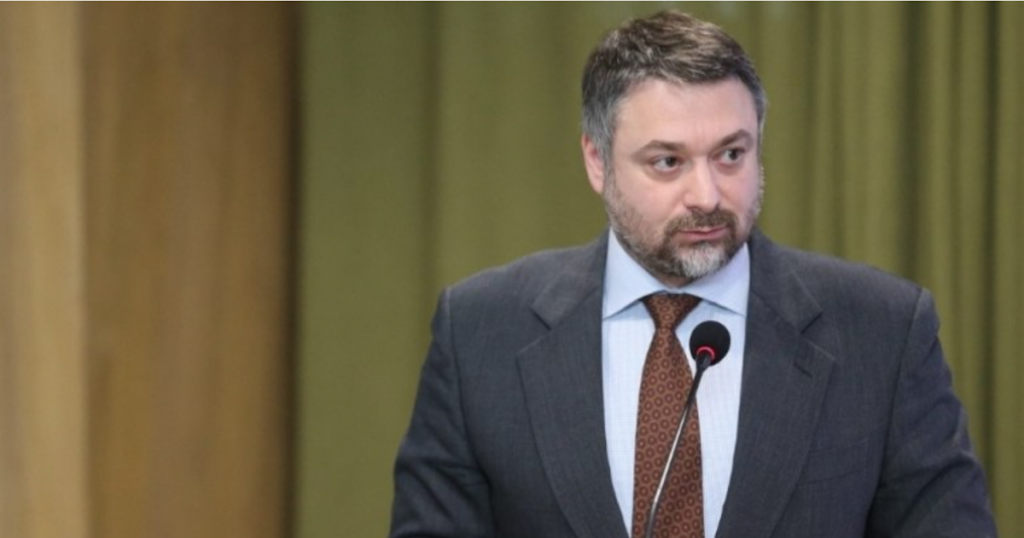
Director of the Institute for Development of Freedom of Information, Giorgi Kldiashvili: “The arrest of an opposition politician is, in any case, a ‘black mark’ on the country. The letter recently sent by [Georgian Dream Prime Minister] Kobakhidze to Trump is a clear illustration of how bad this regime is.
They have no real alternatives, so they’ve turned to repression — targeting media and NGOs by cutting off their funding sources.
Of course, they also adopted a law allowing political parties to be banned. At the same time, they’ve launched a process supposedly aimed at ‘investigating crimes’ of the previous government. Anyone who refused to appear before this investigative commission is now being prosecuted.
This is clearly a politically motivated process. If you don’t recognize this regime and claim this parliament is illegitimate, then you have a basis for refusing to cooperate with its commissions.
These politicians chose to defy the regime’s decisions.
Now that they’ve arrested Okruashvili, it’s likely they will do the same to other opposition leaders.
Political prisoners are not only those detained during the current pro-European protests, but also those arrested during last year’s demonstrations against the ‘Russian law’ (the foreign agents bill).
All of these people have been unlawfully detained and prosecuted. The criminal trials show that the prosecution cannot substantiate its claims — its witnesses fail to back the charges.
This proves that the persecution has a clear [political] purpose.
The charges are fabricated, using police officers and false testimony from planted witnesses. Despite all their efforts, the system is unable to prove the guilt of those arrested.
These trials demonstrate that the individuals are being persecuted for political reasons — punished for free speech and for opposing Ivanishvili’s pro-Russian regime.”
News in Georgia










